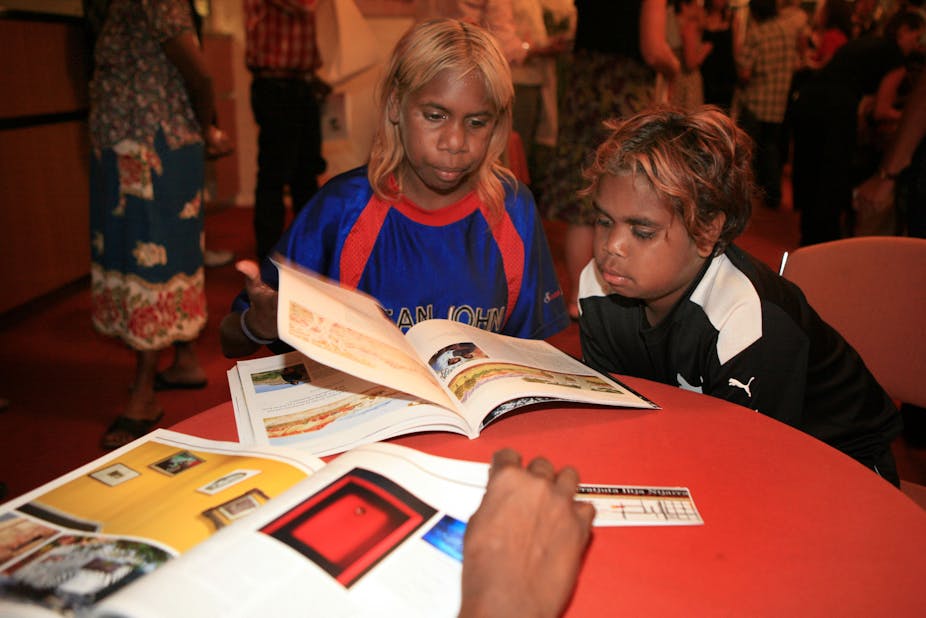High stress among Indigenous children in urban areas is linked to poorer physical health and more parental concern about behavioural issues, a new study has found.
Of 344 participating children, 51% had experienced at least one stressful event, according to the new research published in the latest edition of the Medical Journal of Australia.
The authors analysed the results of annual child health checks given to Aboriginal and Torres Strait Islander children who presented to an urban Indigenous primary health service in Brisbane between March 2007 to March 2010.
The parent or carer of the children, aged between 0 and 14 years old, was asked to report on stressful events occurring in the family that may have affected the child.
Reported stressful events included the death of a family member or close friend (23%), parental divorce or separation (16%), witness to violence or abuse (11%), or incarceration of a family member (4%).
“Children who had experienced stressful events had poorer physical health and more parental concern about behavioural issues than those who had not,” the study said.
The lead author of the research, Dr Deborah Askew, from the Inala Indigenous Health Service, said none of participants listed experiences of poverty, unemployment, trouble with police or racism as stressful experiences affecting their children.
“We’ve got 65% or so unemployed, and so it’s hard to believe that that wasn’t an issue for anybody but what we figure is that it’s just part of every day life amongst participants in our study,” she said.
“That’s not to say that it’s not stressful.”
Co-author of the study, Dr Chelsea Bond, a senior lecturer at the University of Queensland, said the study highlighted “the need for a comprehensive, holistic primary heath care service sector particularly servicing Indigenous communities.”
“So that means thinking about how we incorporate social workers and psychologists, health workers who are focused around social and emotional well-being and how they become embedded and a part of every primary health care setting servicing Indigenous communities,” Dr Bond said.
Wider problem
Professor Marilyn Wise, Conjoint Associate Professor at the Centre for Primary Healthcare and Equity at University of New South Wales, welcomed the study but said that the method used to collect the data may mean that the study does not capture the full extent of stress experienced by urban Indigenous children.
“It may be that parents or carers did not recognise or were reluctant to report on stressful events in which the parents or carers were, themselves, involved. It is possible that the study under-reports children’s exposure to stressful events”, said Professor Wise, who was not involved in the study.
Dr Askew said the data was collected as part of a routine clinical consultation so as to create no extra burden on the study participants.
“But it does mean that there is a higher amount of missing data than there would be if the data were collected as part of a research project because the clinical encounter was focused on the patient and it was not an opportunity for research data collection primarily,” she said.
“We suspect there is a much higher rate of children experiencing stressful events, but the open-ended approach to our enquiry meant that only events that the parents and carers considered particularly stressful were reported.”
Professor Sandra Thompson, from the University of South Australia and Director of the Combined Universities Centre for Rural Health, said that she was also surprised that only 51% of children experienced a stressful life event.
Professor Thompson said that often these stressful events are outside the control of the health care service.

